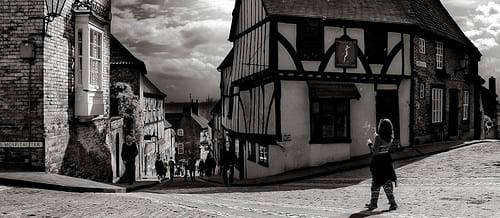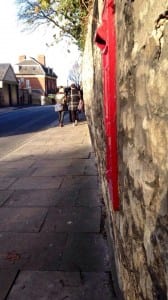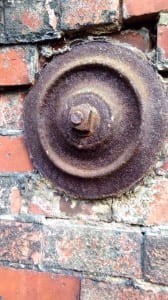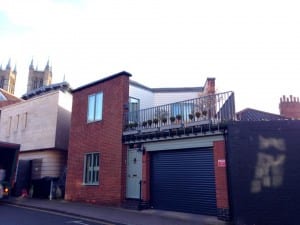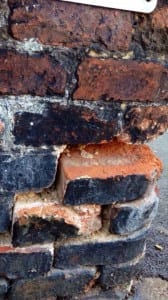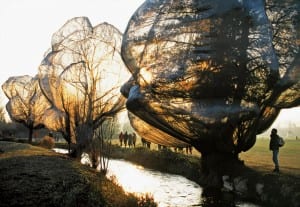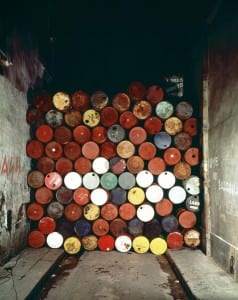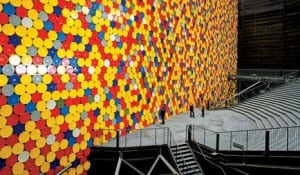Whilst researching Site Specific performances I stumbled across a London based group called Platform who use theatre to explore the arts, activism, education and research. They create all types of theatre (site specific, auditorium based etc) that educate the public of current global concerns. Such as foreign energy policies, globalisation’s effect on contemporary corporate behaviour and the current British government oil controversy. I particularly enjoyed their performance ‘Oil City’ (Platform, 2014), which takes the audience ‘deep into the underbelly of London’s oil economy’ (Platform, 2013). They take a small audience of paying guests and immerse them within the scandal by informally guiding them around London’s business quarters. Where ‘by eavesdropping on business people and seeking out secret documents hidden in dead-drops […] [they] will help piece together a puzzle that interweaves government files with financial deals’ (ibid, 2013). Below is a link to their website and the video of their performance:
http://platformlondon.org/p-eventnew/oil-city-site-specific-theatre-by-platform-10th-21st-june-2013/
I feel that this type of promenade theatre and site specific performances go hand in hand, and compliment each other very well. Depending upon the site I choose, promenade theatre would be something I would like to explore more of for the performance. Moreover, the way Platform take the audience on a journey and force them to become involved, not only exposes important economic issues, but also exposes the audience to the idea of general government manipulation. After doing some further digging into site specific performances being used as a tool for public awareness, I stumbled upon The Situationists, who simularly used site specific performances in this way. This Parisian agent-garde group sought to create situations by means of criticising or undermine the capitalist hegemony. For the 1950/60’s their site specific performances raised a lot of public controversy, however they did also raise awareness of British capitalism.
At this moment I am not aware of any site that I believe holds any need for such political dictation in Lincoln (however this may change further on in the process). Although the physical process and the throughout process behind these performances inspire me. Tim Etchelles stated that ‘thats the thing you have to do with a voice after all – make it speak of the things that it cannot deal with – make it speak of the illegal’ (Etchells, 1999, 107). This refers to both voice as a verbal communication and also voice transferred into art. Voice is a very powerful tool, it can entertain, enlighten or educate.
Etchells, T. (1999) Certain Fragments: Contempoary Performance and Forced Entertainment. London: Routledge.
Platform (2013) Oil City – Site Specific theatre by Platform 10th-21st June 2013. [online advertisement] Available from http://platformlondon.org/p-eventnew/oil-city-site-specific-theatre-by-platform-10th-21st-june-2013/ [Accessed 8th February 2015].
Platform (2014) Oil City by Platform. [online video] Available from https://www.youtube.com/watch?v=wwwpaHSg3fw&spfreload=10 [Accessed 8 February 2015].
